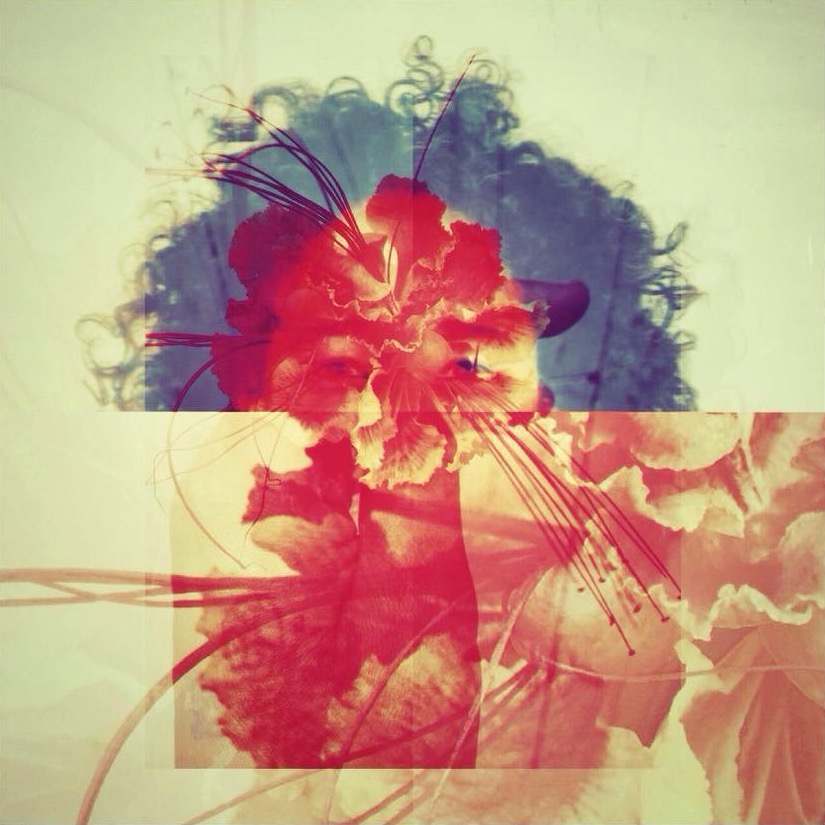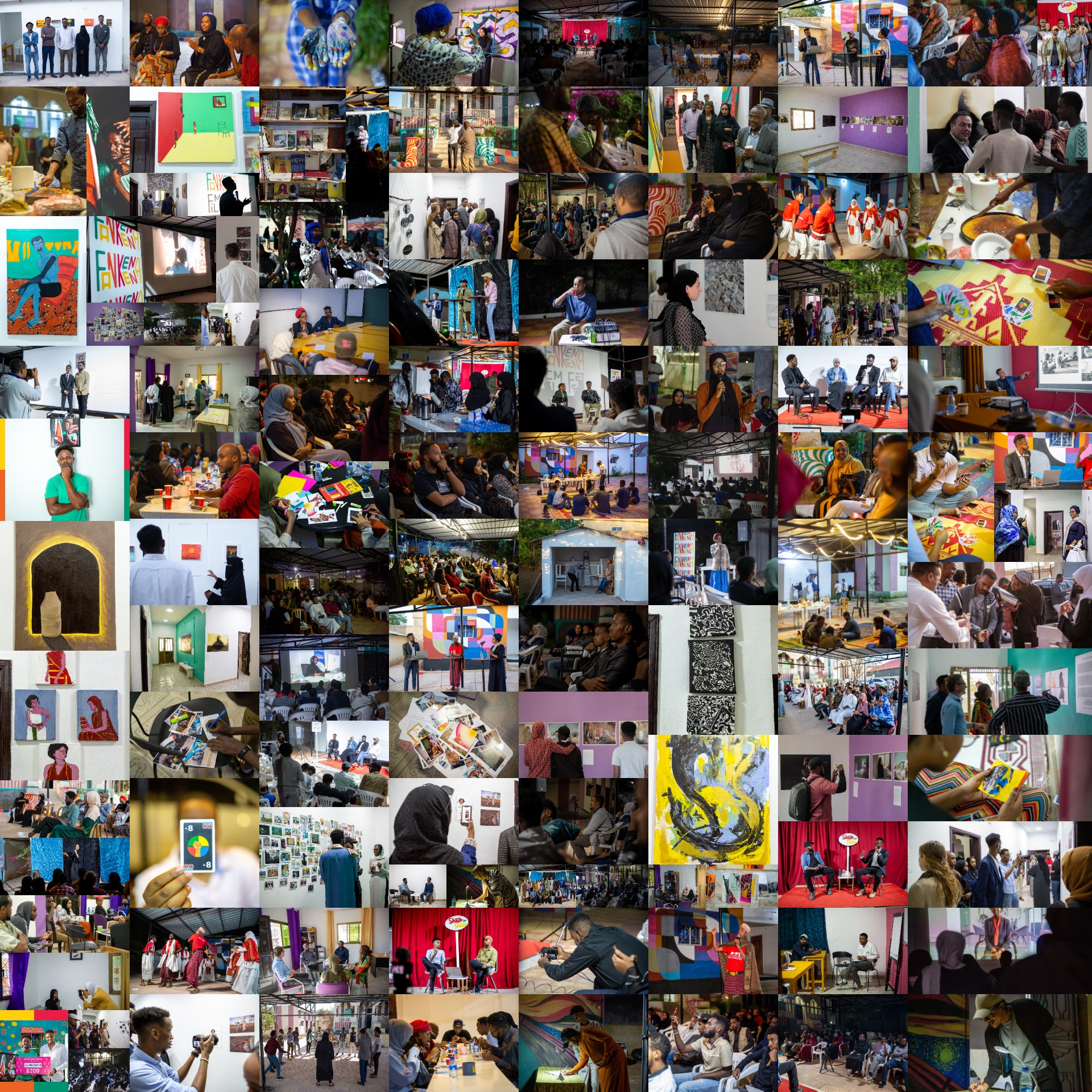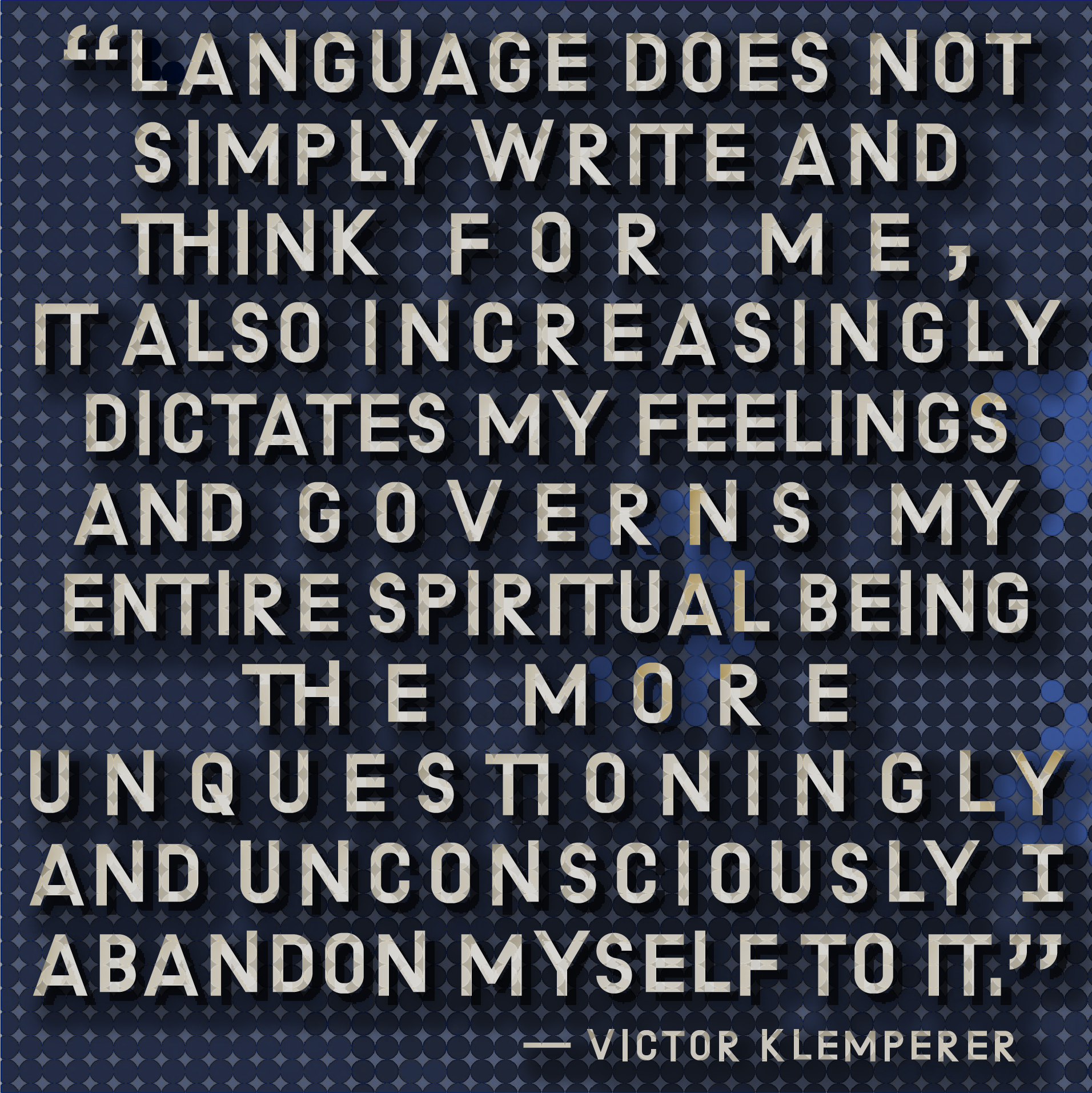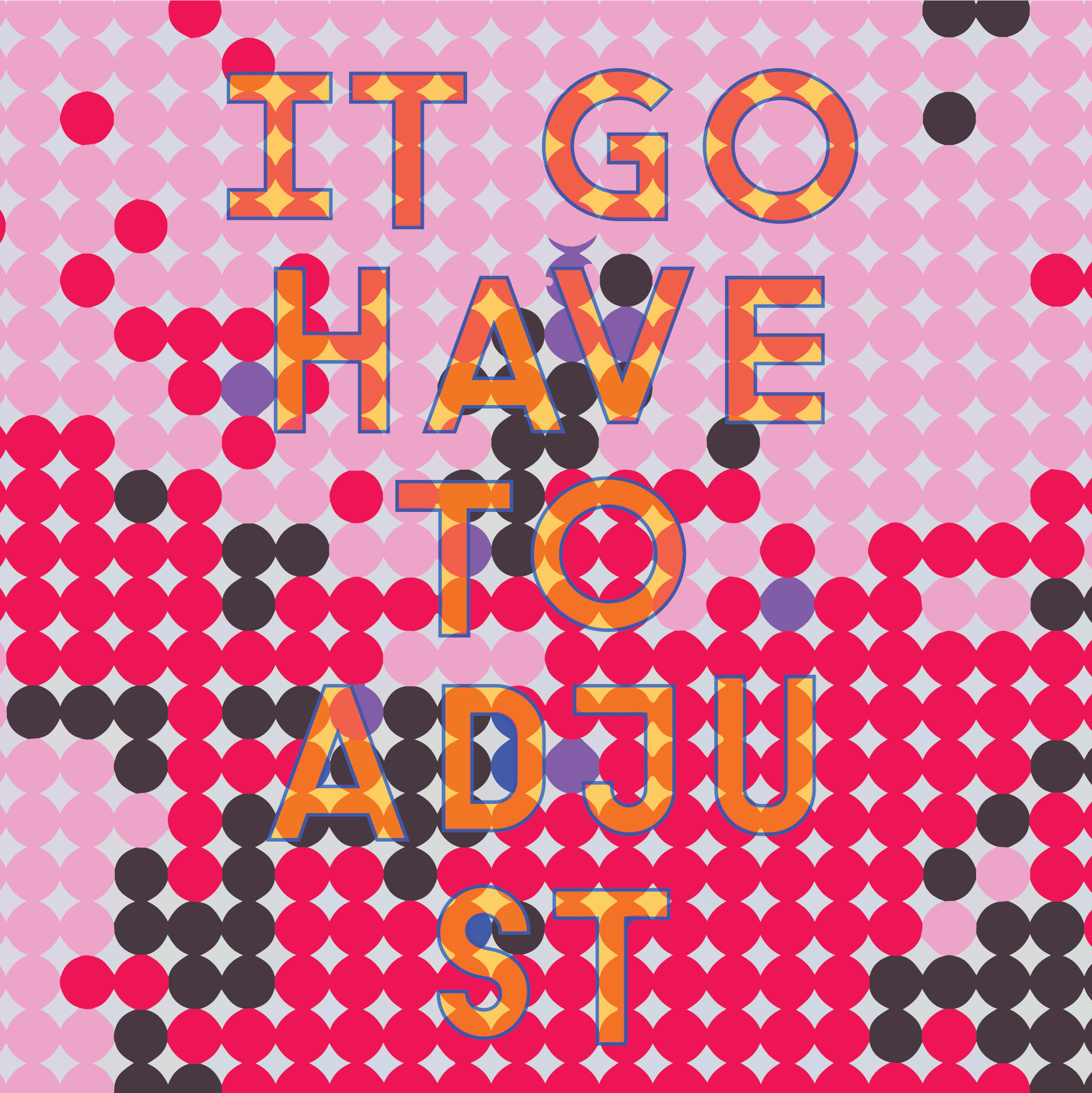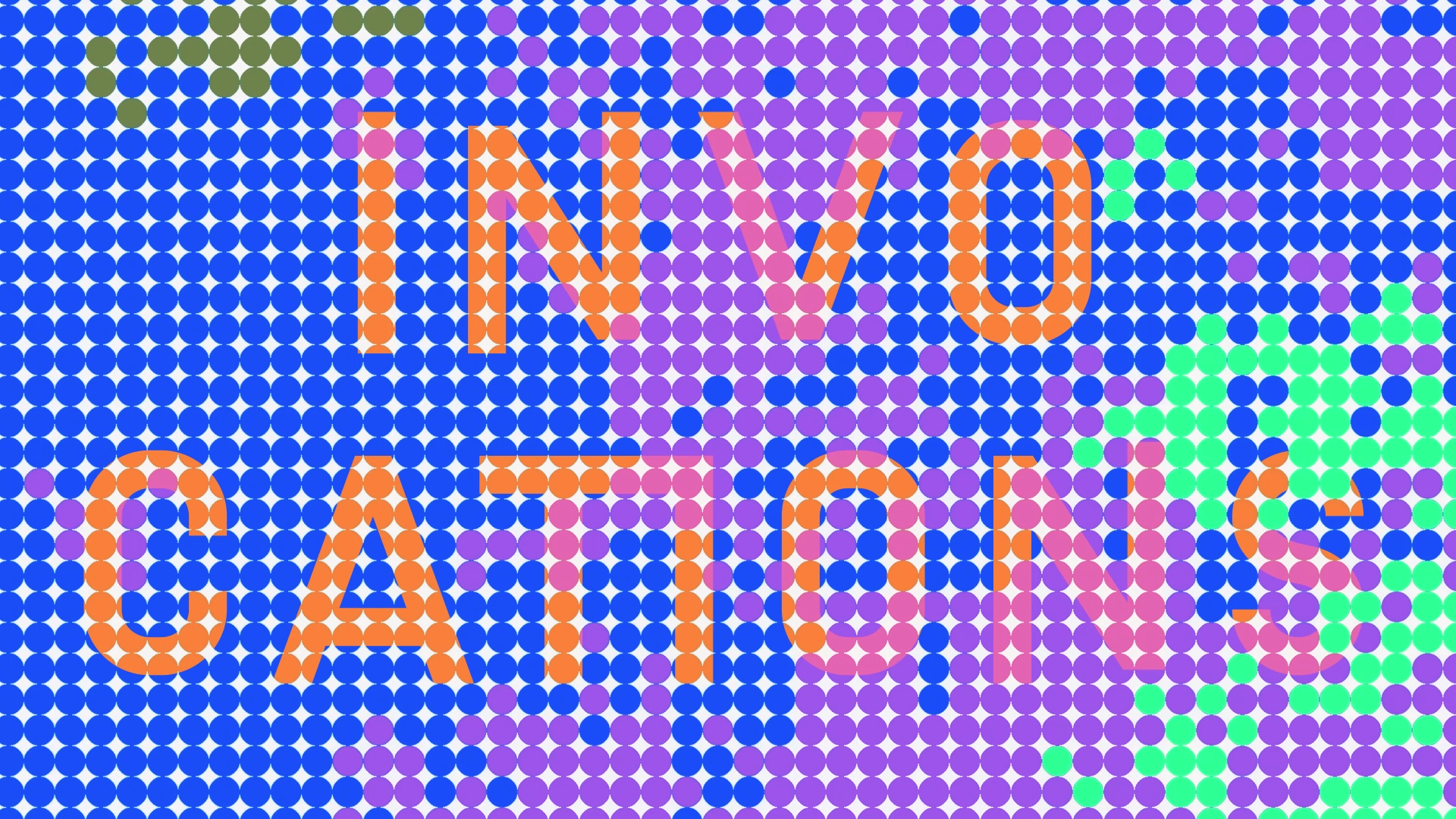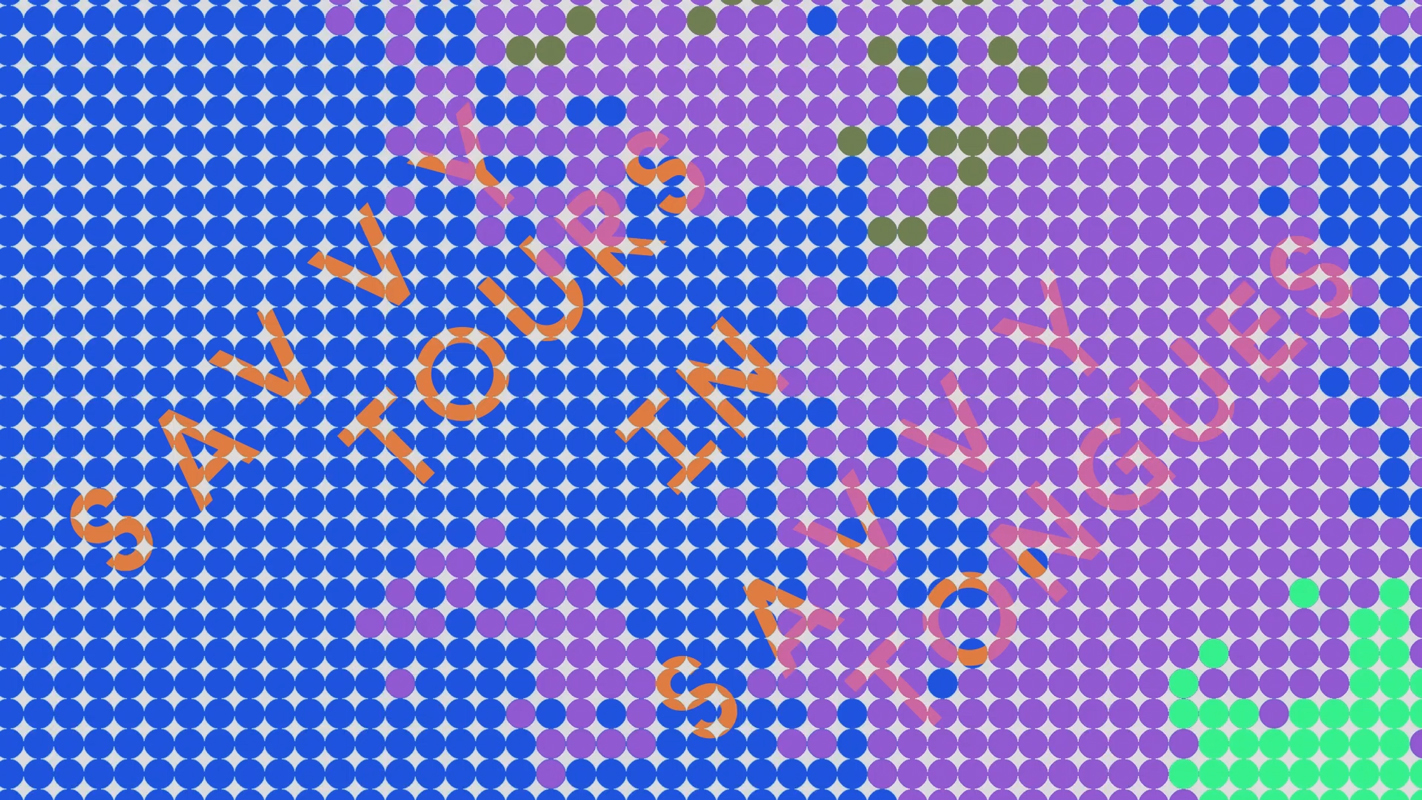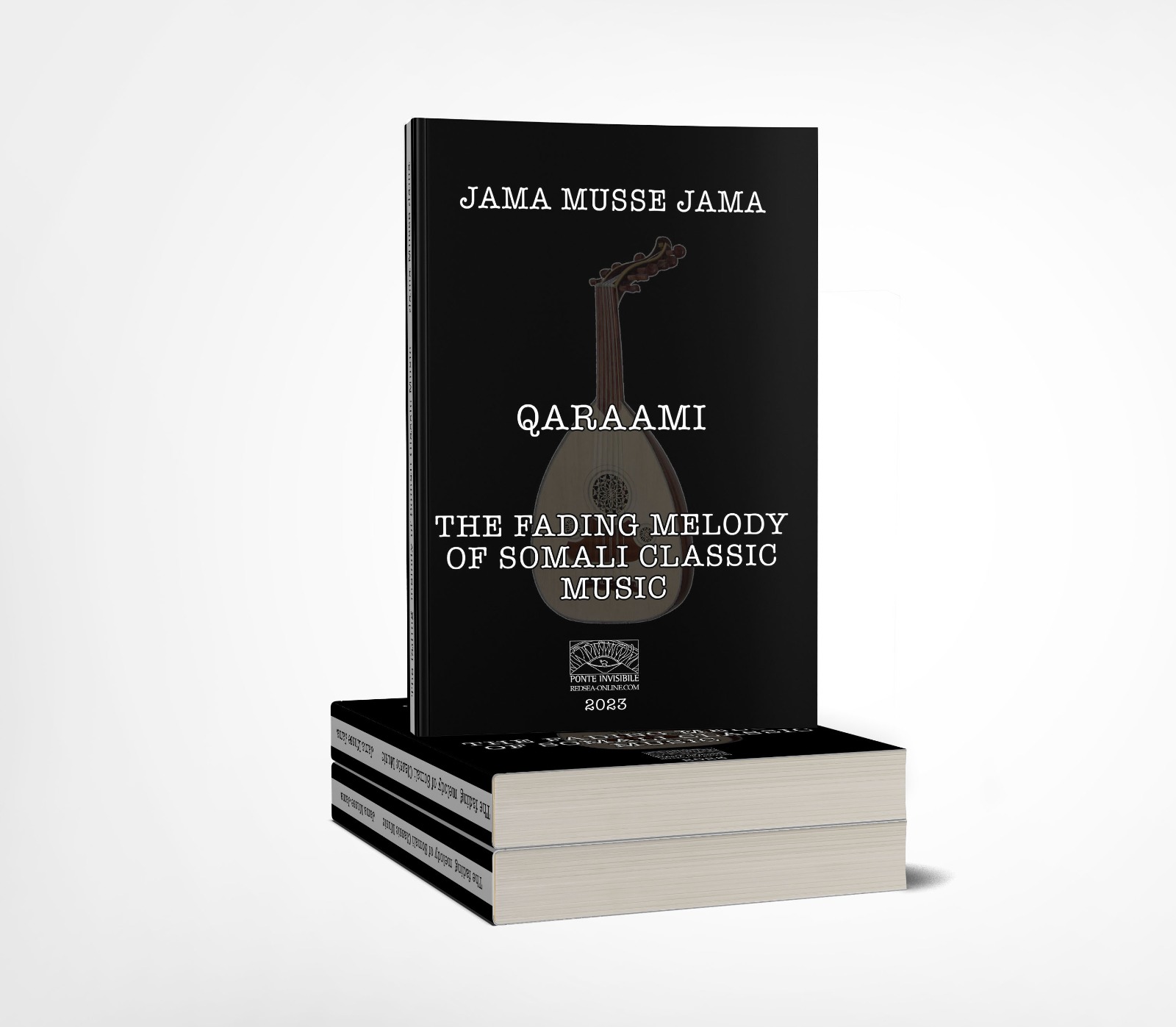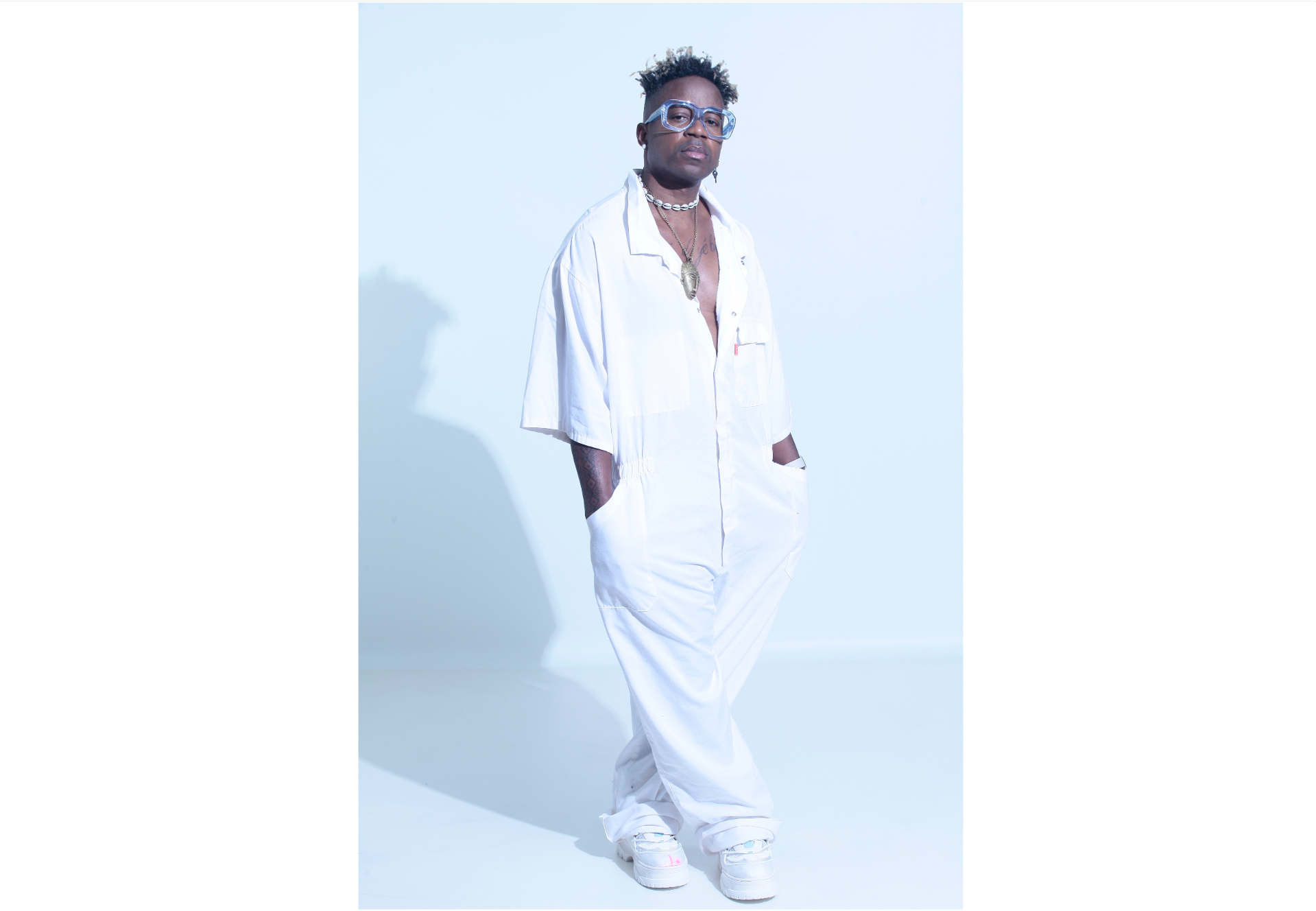IT GO HAVE TO ADJUST.
ON LANGUAGE AS PARASITE
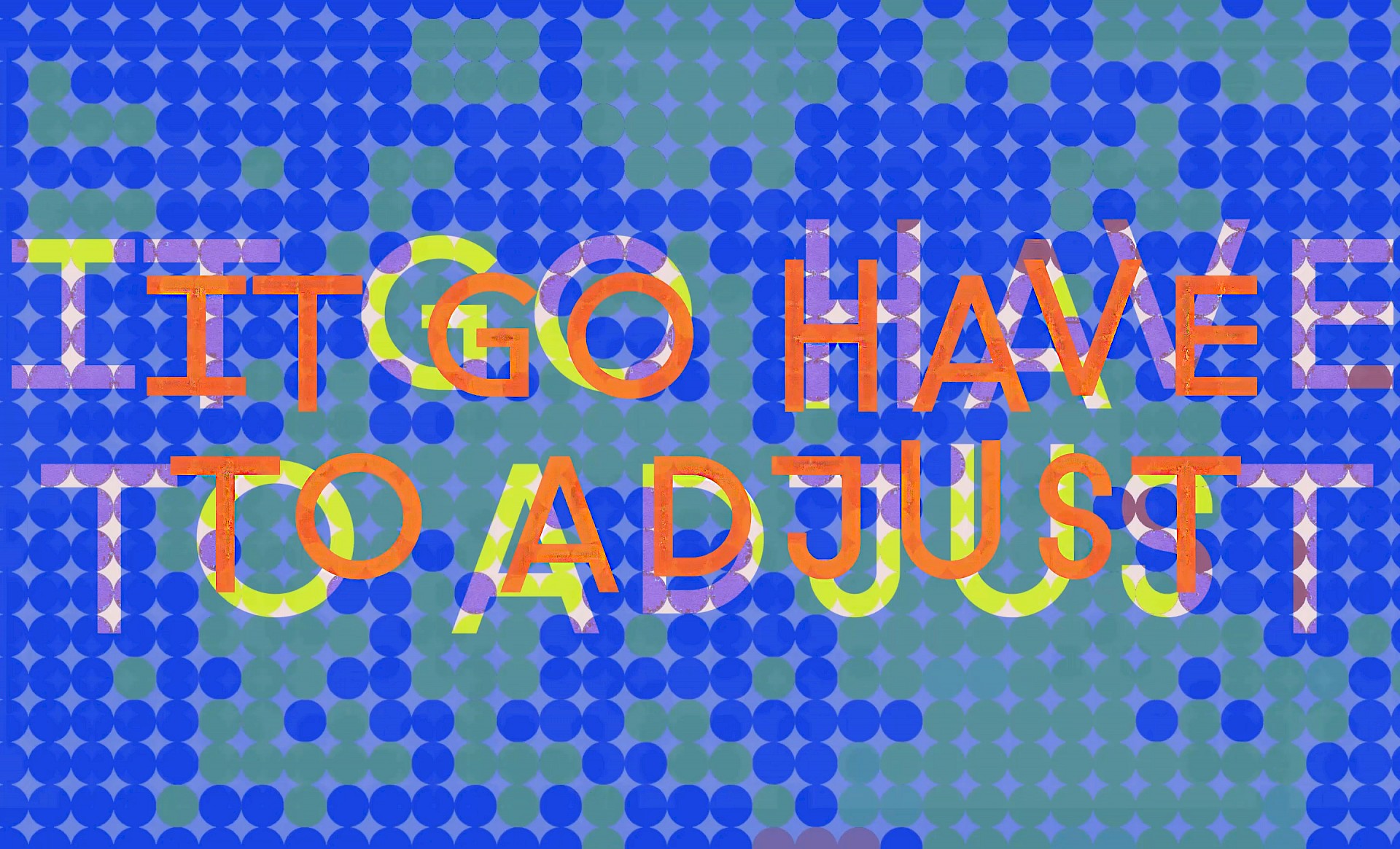
A SERIES OF EXERCISES, RESEARCH, EXHIBITIONS AND PUBLIC PROGRAMMES
TRANSMISSION I Air/Breath/Sky
In Hargeisa, Somaliland
21.07.–03.08.2023
Research & Workshop with Fankeenna
TRANSMISSION II Body
In Berlin, Germany
September–November 2023
EXHIBITIOn
WITH Pelumi Adejumo, Blick Bassy, Onur Çimen, Lucas Lugarinho Braga, Jimmy Robert, Lerato Shadi, Farkhondeh Shahroudi, Lulëzim Ukaj, David Zink Yi
OPENING 13.09.2023 19:00 With a DJ set by Calamidades Lola
OPEN 14.09.–26.11.2023 Thursday–Sunday 14:00–19:00
WORKSHOP
23.09.2023 With Blick Bassy
Details here
INVOCATIONS
12.11.2023 14:00–23:00
WITH Pelumi Adejumo, Rokia Bamba, Don Mee Choi, Bonaventure Soh Bejeng Ndikung, James Notin, Farkhondeh Shahroudi, David Zink Yi with Marvin Diz, Regis Molina and Adonis Panther & Trinidadian food by Ms Merle
Details here
TRANSMISSION III Sea/Water
In Port of Spain, Trinidad
December 2023
Research & Public Programme with Alice Yard
TRANSMISSION IV Earth/Land
On the radio waves of SAVVYZAAR
Podcast/Sound
FREE ENTRANCE Donations welcome
ACCESS Our space is accessible by wheelchair
Hold we to the centre of remembrance
that forgets the never that severs
word from the source
and never forgets the witness
of broken utterances that passed before
and now breaks the culture of silence
in the ordeal of testimony;
in the history of circles
each point lies along the circumference
diameter or radius
each word creates a centre
circumscribed by memory... and history
waits at rest always
still at the centre
Together with artists, writers, programmers, translators, scholars, activists and other thinkers, the project IT GO HAVE TO ADJUST. ON LANGUAGE AS PARASITE reflects on the parasitic nature of language [1] and its potential to facilitate the suitable climate and conditions for subversive feminist, anti-racist and de-colonial practices within art and publishing. We are interested in how that parasite can be transmitted through interactions that can also take place without our influence and how a subversive language can provoke laughter as joy and disavowal.
Suppose we are “participants in the future of our languages,” as the poet Ocean Vuong argues. Can we find procedures for optimising our communication to aid the creation of networks that can parasitize to proliferate and develop liberating practices?
The title of the project stems from Derek Walcott’s play Pantomime and borrows from the Creole words of black Trinidadian servant Jackson, who, recounting his experience of hearing a parrot use infected language to Mr Trewe, is asked how a parrot can be prejudiced and in return replies that the parrot is remnant from the “pre-colonial epoch”, and if it wants to survive in Trinidad then “it go have to adjust”.
We have considered the project’s research chapters in the framework of modes of transmission. Our journey to Hargeisa began with a collaboration with youth-led art space Fankeenna that acts in a region steeped in the history of oral storytelling that gave Somali speakers the epithet “A Nation of Poets”. The collaboration resulted in an intergenerational gathering and conversation on the metaphorical apnoea that characterises lulls in cultural circulation during and after conflict and how those channels have been cared for and resurrected.
The second research chapter looks at water as a mode of transmission and is a collaboration with the Port of Spain-based art space Alice Yard. There, Walcott’s character Jackson acts as a point of departure from which to explore motions over and in bodies of water that have contributed to the development of Creole.
In the exhibition chapter at SAVVY Contemporary which we consider to be the body of our project, we bring together works from artists, scholars and researchers who through their practice deliberate and expand on the parasitic nature of language within their various contexts. With works by Berlin-based and international artists, the exhibition offers a multi-perspective translation of the concept note (which you find at the end of the handout), and traces back to aspects of the research done in Hargeysa as well as ruminations developed with our second collaborator Alice Yard in Port-of-Spain.
IT GO HAVE TO ADJUST. ON LANGUAGE AS PARASITE is a living curatorial endeavour that, through a series of exercises, research, exhibitions, and public programmes, will evolve, expand and build upon the exhibition at SAVVY Contemporary. The curatorial concept introduces the reader to a series of themes and events that, on the surface level, seem to be unrelated but that, on closer inspection, will show shared symptoms or bear witness to points of convergence through unlikely common denominators. Pay close attention, and new manifestations of our research journeys will find their way into our rooms. As the project progresses, the curatorial text will also reappear in new variations wherein new authors will speak.
Team
ARTISTIC DIRECTION Renan Laru-an
Concept Sagal Farah
Curation Sagal Farah, Billy Fowo
Curatorial Research Meghna Singh, Manuela Garcia Aldana
Project Management Onur Çimen
General Management Lema Sikod
Communication & TRANSLATION Anna Jäger
GRAPHIC DESIGN Juan Pablo García Sossa, Aditi Kapur
Publication Archive Books, Mokia Laisin
COLLABORATION A SAVVY Contemporary project in collaboration with Archive Kabinett (Berlin, Germany), Fankeenna (Hargeisa, Somaliland), and Alice Yard (Port of Spain, Trinidad)
FUNDING This project is funded by Hauptstadtkulturfonds.
A theory that has been suggested in varying fashions by thinkers from Jacques Derrida to Susan Blackmore and in the prolific misquoting of Octavia Butler’s literary proposal “there is nothing new under the sun” from The Lost Parables series that actually ends “but there are new suns”. The fragment of Butler’s main clause has already made its way into the world.

